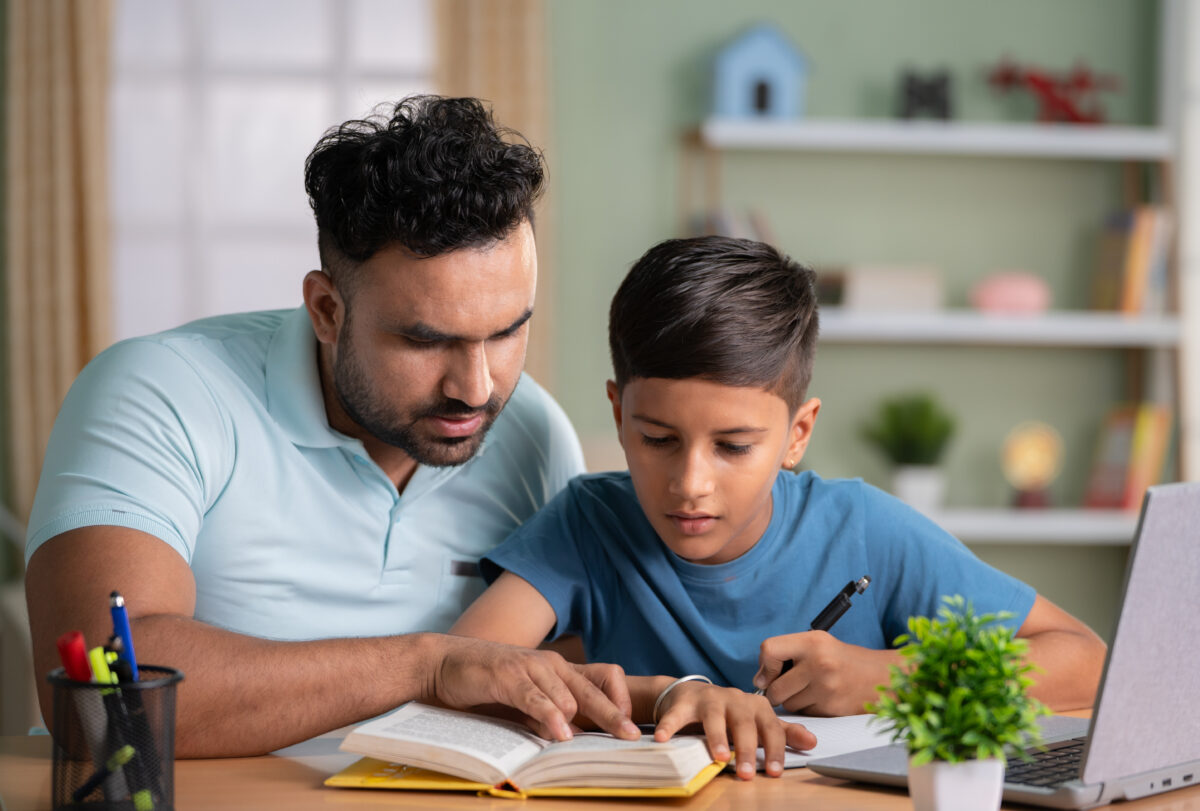The Bottom Line If Your Kid Can’t Read This, Thank a Teachers Union
Originally published at The American SpectatorThe 2022-2023 school year, close to 10 percent of nation’s K-12 students did not attend classes on the average day, The New York Times‘ David Leonhardt reported in his newsletter. A quarter of students are chronically absent. “That’s a vastly higher share than before COVID.”
The biggest reason truancy is on the rise, Leonhardt posits, “seems to be simply that students have fallen out of the habit of going to school every day.”
Call it an unintended side effect of COVID lockdowns — children who were robbed of a comprehensive education. And structure.
“As the pandemic wore on, it became increasingly clear that children were the least likely to get seriously sick or die from COVID-19, and they had suffered major academic and developmental blows from online classes and prolonged isolation,” Education Week reported in June.
Thank the teachers unions.
When COVID hit, union leaders did not demand that teachers be classified as “essential workers,” which one would expect them to do.
To the contrary, unions embraced remote learning, even though shuttering classrooms was bound to deprive students of a rich learning experience — especially kids with working parents who lacked a higher education.
It didn’t have to be this way. The Centers for Disease Control and Prevention never mandated widespread open-ended school closures. In 2020, CDC guidelines instead recommended school closures of two to five days, and then only when an exposed person had been on campus or in districts with high infection rates. It was blue-state Democrats and local officials who panicked and shut down public schools — with the support of labor.
“In many places, including California, children did not see the inside of a physical classroom for nearly a full year and a half,” Stanford epidemiologist Jay Bhattacharya told the “Uncommon Knowledge with Peter Robinson” podcast. “The consequences of that play themselves out with deep learning losses.”
Bhattacharya is a co-author of the Great Barrington Declaration, which warned that COVID shutdowns would lead to “greater excess mortality in years to come, with the working class and younger members of society carrying the heaviest burden.” He told Robinson that lockdowns benefitted one group — “the laptop class,” which was able to transition to work from home with an ease unavailable to many service workers.
The good news: Policy wonks know the lockdowns failed kids. The bad news: So they talk about the importance of not judging those who imposed destructive lockdowns when, they offer, the outcome should be to learn from those mistakes.
“I think now is the time to reflect and second-guess those decisions, because there could be another reason for closures in the future and we just want to learn from this,” Robin Lake, director of the Center on Reinventing Public Education, told Education Week. “We don’t need to judge anybody for the decisions that were made, but we should definitely learn from them.”
I don’t know how we learn if we don’t judge.
California, Leonhardt noted, is a shutdown-friendly state that is experiencing high absenteeism. You see it all over the country — the sorry notion that there was virtue in staying home, even for the healthy and the young. So who needs to go to school every day?


